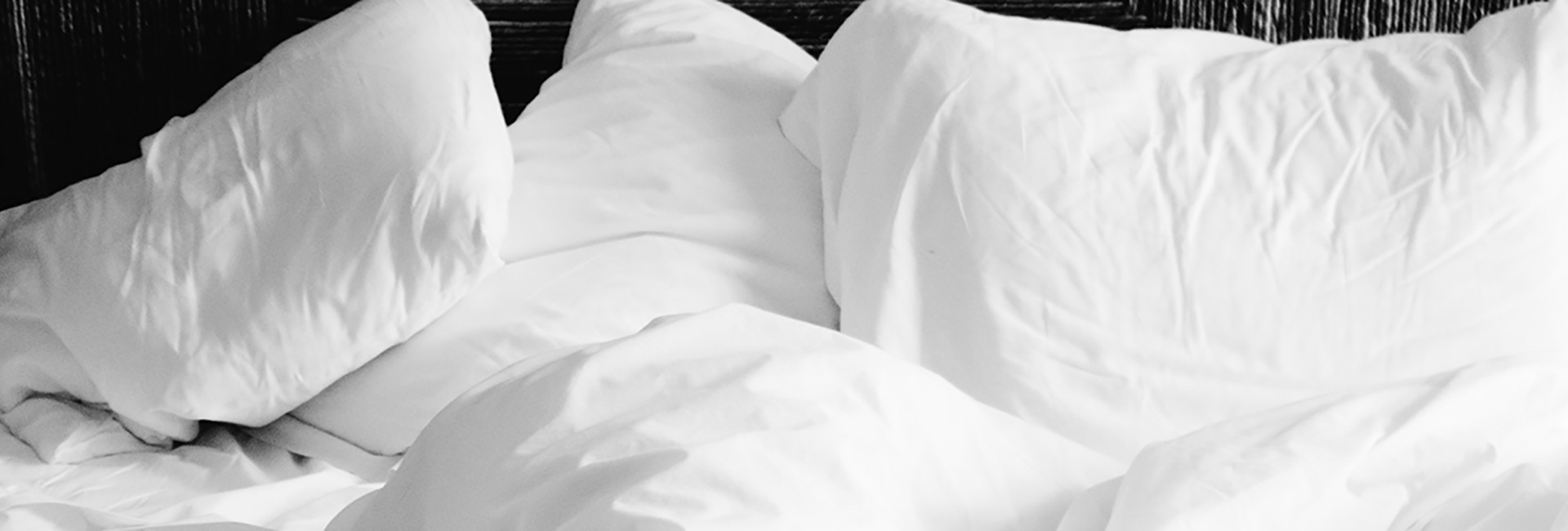
Sleep Apnea: Awareness Creates a Need for Treatment
Welcome to part two of our Sleep Apnea series. This article covers treatment compliance, treatment options, American Academy of Sleep Medicine (AASM) findings (which feature great feedback of EviCore's solutions for patient treatment options). It also details how EviCore is working to ensure better sleep-health options for patients. The first article in the series dealt with obstructive sleep apnea (OSA)—what it is and how it's diagnosed. Please check it out if you haven't already.
Awareness Creates a Need for Treatment
As awareness of OSA has increased, so has the demand for testing and treatment. Not surprisingly, related health-plan spending has also grown exponentially as a result.
Historically, sleep diagnostics have taken place in sleep disorder centers with an attending technologist caring for the patient and running the test. And most of the time, testing occurred over two nights: the first night for determining the sleep problem and the second night for treating the patient with positive airway pressure (PAP) if sleep apnea turned out to be the issue. These two overnight testing/treatment approaches are both uncomfortable for patients (not sleeping in their own beds, etc.) and have proven to be very expensive for patients and payers.
In recent years, however, home sleep testing for diagnosing OSA has gained scientific support and approval and has become much less costly to perform, and frankly, better tolerated by patients. While it is true that most patients can be tested for OSA at home, there are some clearly defined conditions where the institutional studies are more appropriate.
While compliance with PAP can be a challenge, the implications of PAP therapy for comorbid disease and healthcare costs are becoming clearer. When patients adhere to PAP therapy, the risk of stroke and coronary heart disease goes down, blood glucose levels drop, and medical costs have been shown to decrease.
In addition, mounting data show that diagnosis and treatment of sleep apnea in heart-failure patients can result in improvements in ejection fraction, blood pressure, and heart rate. Furthermore, preliminary evidence suggests that proper evaluation, testing, and treatment of sleep apnea in hospitalized heart-failure patients resulted in a drastic reduction in readmissions. Other studies have also shown a significant reduction in hospitalizations with proper treatment of sleep apnea.
What Treatment Options Are Available?
A number of treatment options for sleep apnea seek to keep airways open and not vibrating. However, the gold standard is positive airway pressure (PAP). PAP treatment usually takes the form of continuous positive airway pressure (CPAP). CPAP works by blowing pressurized room air into the airway to overcome upper-airway obstructions present during respiratory events. The amount of pressure varies from patient to patient and must be titrated properly to maximize effectiveness. Other treatments include surgery, weight loss, and avoidance of a supine sleeping position. Currently, no medications are available to treat OSA.
What Research Has Been Done?
The American Academy of Sleep Medicine—the leading sleep specialty society—has been at the forefront of research. It has produced evidence-based practice parameters and position statements regarding the most appropriate tests, treatments, and management techniques for many sleep disorders, including sleep apnea. As technology has improved, the AASM has endorsed more cost-effective ways of diagnosing and treating sleep apnea, including the use of home-based testing and autotitration of PAP in appropriate patients. The AASM's study including how EviCore is helping to provide solutions, and position papers are available on the organization's website.
How Is EviCore Helping?
Health plans and patients often don't know how to determine which test or site for sleep testing and treatment is most appropriate. So EviCore developed evidence-based guidelines that are based upon the best available science, and AASM recommendations. Health plans use them to help providers select and conduct the most appropriate tests for diagnosing and treating their patients' sleep disorders. Recently, the AASM assessed EviCore's guidelines to see if they were in line with AASM's own parameters. The organization found that our guidelines scored substantially higher than those of two other entities1. Our score, 73/100 points, nearly doubled the 40.5/100 score of our nearest competitor. EviCore is proud of this unbiased assessment and we've already made several changes that the AASM suggested to make our score even higher next time.
The bottom line: EviCore is a leader in the medical benefit management of diagnostic sleep testing and PAP therapy. What's more, some of the most recognized experts in the industry have validated our guidelines. Current and future sleep clients can be assured that EviCore is doing the right thing when it selects and administers sleep testing and PAP therapy for their members.